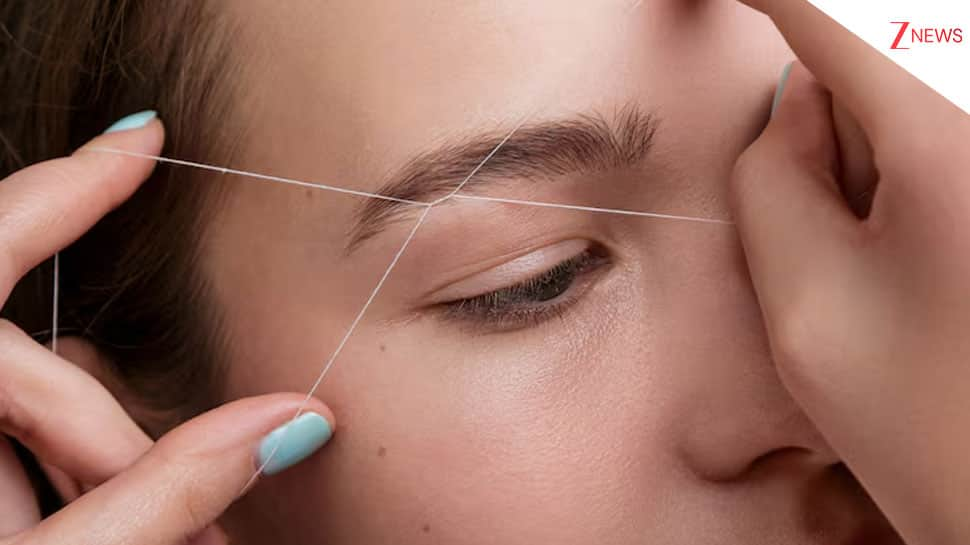Have you ever worried about the possible health impact of threading eyebrows? At most, you might have envisioned a badly made brow or minor cuts. But a latest incident has sent shockwaves when a Dr Aditij Dhamija (MBBS) in an Instagram post mentioned that a 28-year-old woman is battling acute liver failure, just days after a visit to the parlour where she went to do her eyebrows. The reason? Possibly, an infected thread gave her hepatitis.
The Insta Story: How A Woman Ended Up With Liver Failure
“Eyebrows banwane gayi thi lekin liver fail karwake aagayi. 28 saal ki mahila. (She went to get her eyebrows threaded, came back with liver failure). She came to the hospital with fatigue, nausea, and yellow eyes. Tests revealed her liver was giving up — not because of alcohol or medicines — but due to a beauty parlour visit gone wrong. This happened because reused threading material caused micro-cuts, through which Hepatitis B or C viruses entered her bloodstream,” said Dr Dhamija in an Instagram post.
Is Plucking Eyebrows Unsafe?
According to doctors, while threading itself is not very likely to directly cause hepatitis, poor hygiene practices at salons can increase the risk of hepatitis B and C transmission even with a simple procedure like threading. Dr Dhruv Kant Mishra, Consultant Gastroenterology, Yatharth Super Speciality Hospital, Faridabad, says, “Threading can lead to hepatitis if the salon reuses threads or doesn’t follow proper sanitation procedures. Even very small cuts or abrasions during threading can become entry points for blood-borne viruses like hepatitis B or C.”
Also Read: World Hepatitis Day: Only Unsafe Sex, Drugs Cause Hepatitis B, C? Doctor Busts 8 Common Myths
The Spread Of Hepatitis Virus And Dos And Don’ts
Hepatitis viruses can survive outside the body for a long time, which makes it easier for the virus to spread. “A cut from a thread can be enough to cause hepatitis if the thread is contaminated with infected blood. This risk increases if the salon doesn’t change threads between clients or doesn’t properly sanitise equipment,” Dr Dhruv Kant Mishra shares.
What can we do about it :
Dr Mishra shares the following tips:
Verify Salon Hygiene: Ensure the salon uses a new thread for each client and sanitises equipment properly.
Check For Cleanliness: Observe if the practitioner sanitises their hands before attending to you.
Get vaccinated: Getting vaccinated against Hepatitis B goes a long way in preventing the spread of the disease.
Monitor Your Health: If you feel unwell after threading, with symptoms like fatigue, yellow eyes, or dark urine, get tested.
Don’t Ignore Hygiene: Avoid salons that don’t prioritise hygiene or hesitate to use new threads
Avoid Touching: Refrain from touching or rubbing the threaded area excessively to prevent irritation and inflammation.
Steer Clear of Heat: Avoid hot showers, saunas, or steam rooms immediately after threading to prevent exacerbating inflammation

